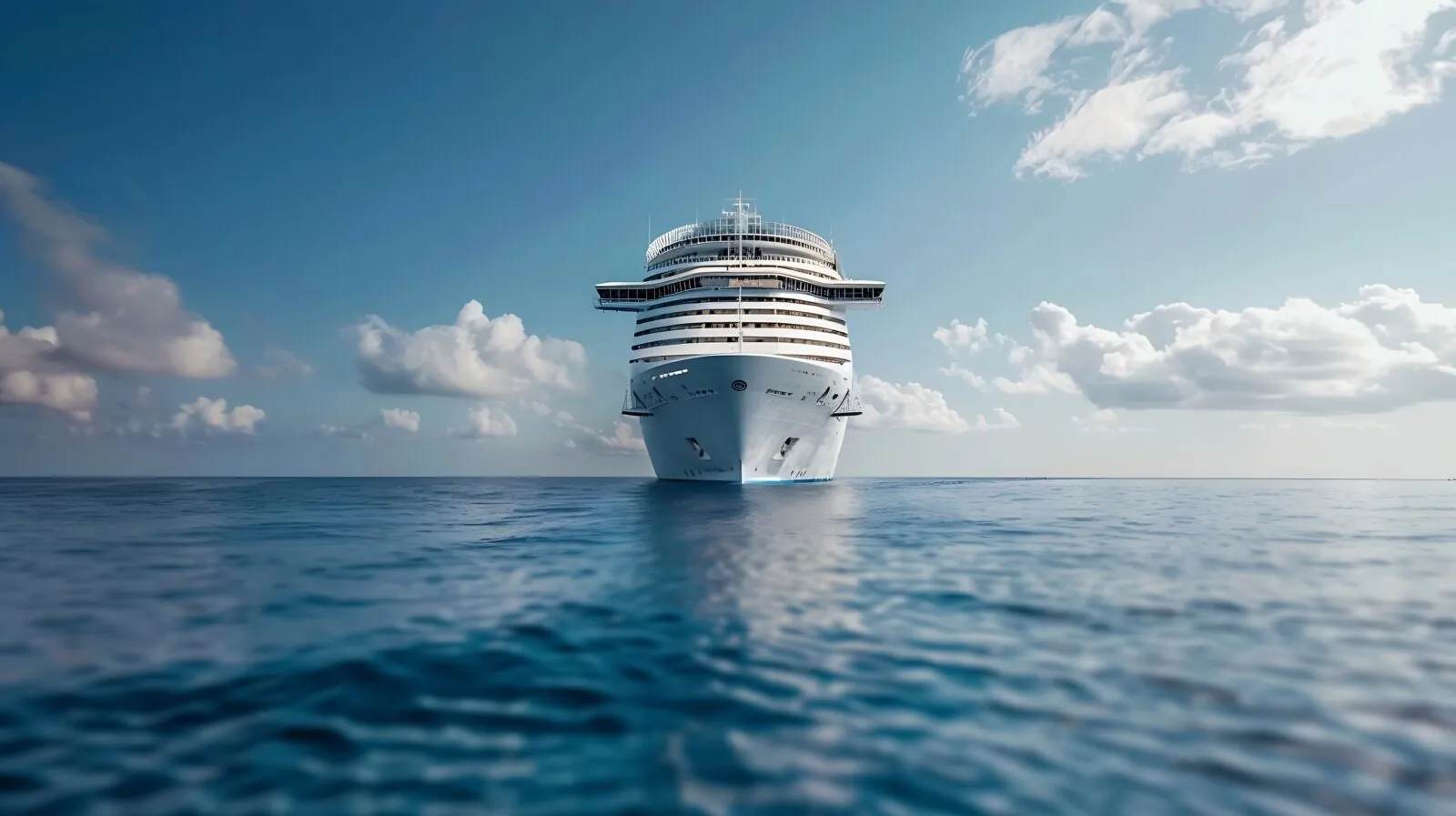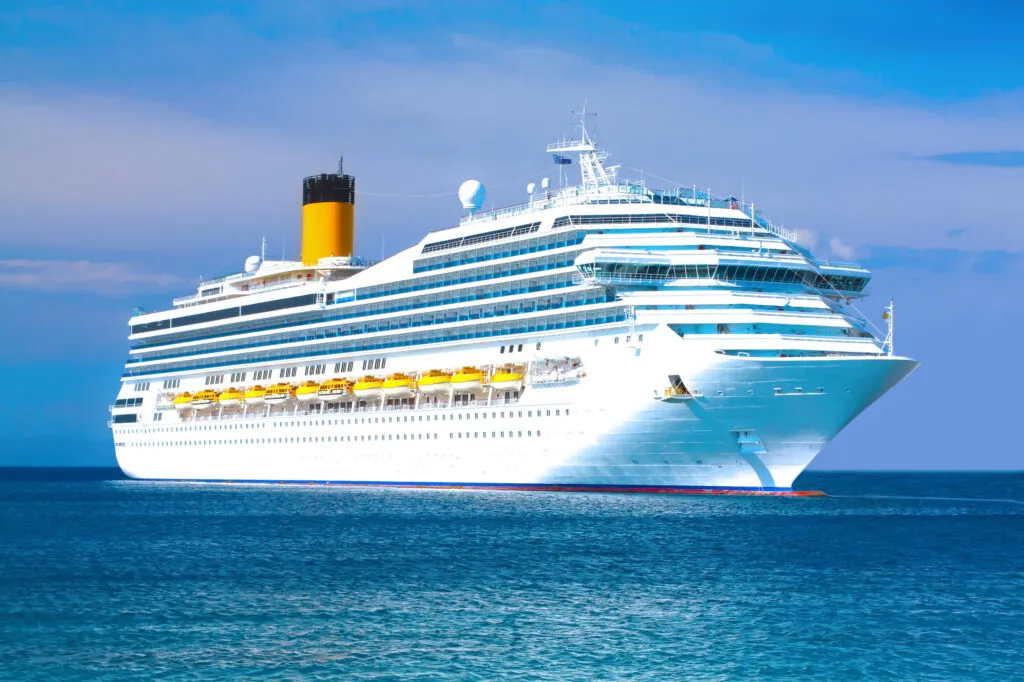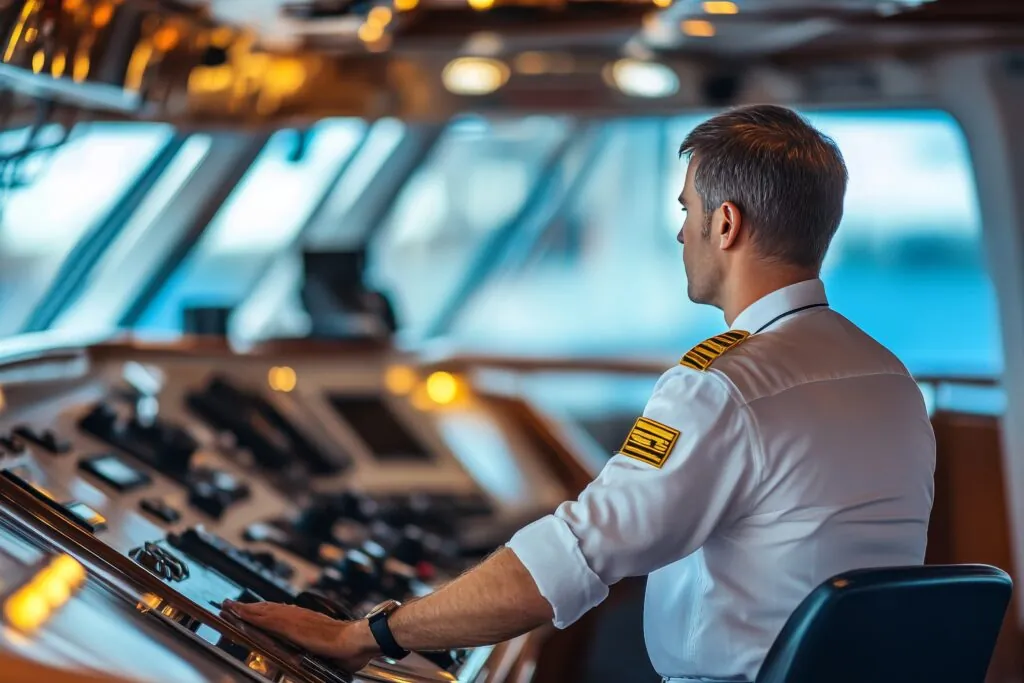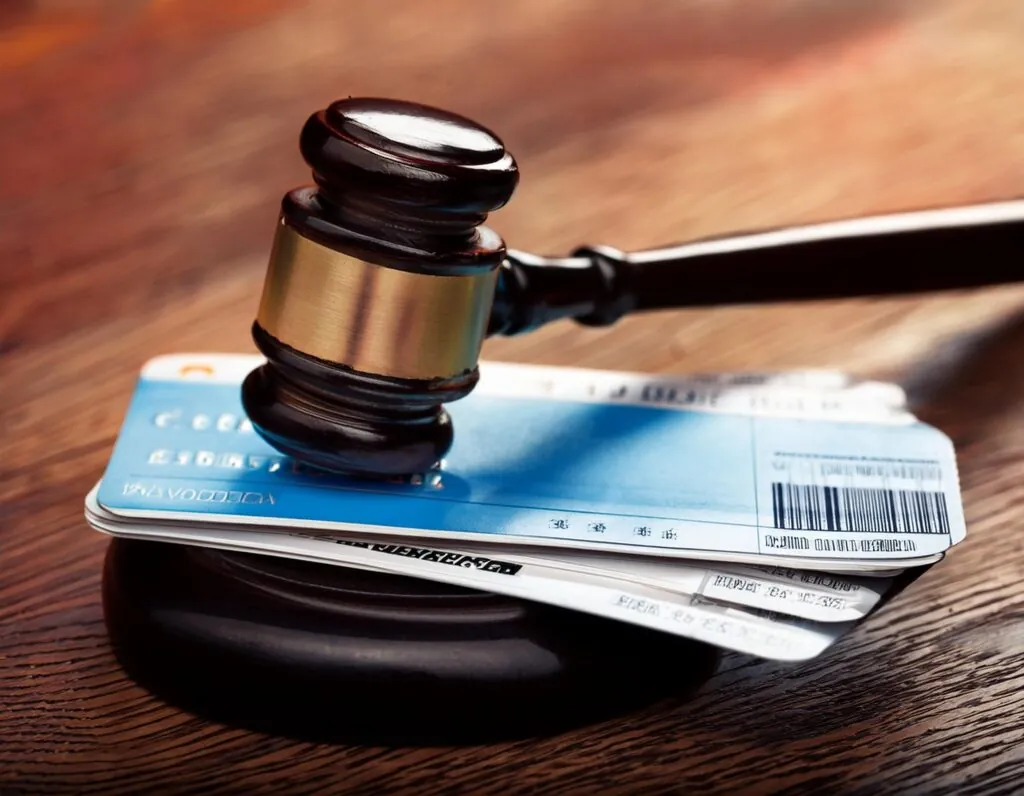Cruise vacations are a dream for many, offering luxury, relaxation, and adventure on the high seas. However, accidents can happen even in paradise, leading to serious injuries, medical emergencies, or even fatalities. Whether it’s a slip-and-fall incident, food poisoning, medical negligence, or criminal assault, knowing your legal rights under Cruise Ship Accident Laws is crucial for safeguarding yourself and your loved ones.
This comprehensive guide explores the complexities of maritime law, passenger rights, liability issues, jurisdictional challenges, and the steps you should take to file a cruise ship injury claim. It covers everything from international maritime regulations to the intricacies of cruise contract liability terms, ensuring you have the information needed to pursue justice and fair compensation.
What Laws Govern Cruise Ship Accidents?
Cruise ship accident laws are primarily governed by maritime law, also known as admiralty law, which applies to incidents occurring on navigable waters. These laws regulate cruise ship operations, passenger rights, and liability issues, ensuring that victims of accidents have legal recourse. Maritime law is influenced by a combination of international maritime regulations, national laws, and contractual agreements outlined by cruise lines.
Maritime Law and Its Application
Maritime law, which dates back to ancient times, governs legal matters that occur on navigable waters, including oceans, seas, and rivers. In the context of cruise ship accidents, maritime law applies to:
- Personal Injury Claims: Passengers injured on a cruise ship can file personal injury claims under maritime law, provided they prove negligence on the part of the cruise line or its staff.
- Medical Negligence: If a passenger suffers from inadequate medical care, they may have the right to sue for medical malpractice.
- Assaults and Security Incidents: Cruise lines are required to provide adequate security, and failure to do so can result in liability for assaults, thefts, or other criminal activities.
Under maritime law, cruise lines owe passengers a duty of care, which means they must ensure reasonable safety and security measures to protect passengers from harm. This includes maintaining the ship in safe condition, providing proper medical care, and ensuring the competence of the crew.
International Maritime Regulations and Jurisdiction
One of the most complex aspects of cruise ship accident laws is determining which country’s laws apply to a particular incident. Since cruise ships often sail in international waters, jurisdiction can depend on several factors:
The Flag State
Most cruise lines are registered in foreign countries, such as the Bahamas, Panama, or Liberia, known as “flag states.” Under international maritime law, the laws of the flag state generally govern legal disputes. This means that even if a cruise departs from the U.S., the legal case may be governed by the laws of a foreign country.
Location of the Accident
If the incident occurs in international waters, international maritime law applies. However, if the accident happens in the territorial waters of a specific country (within 12 nautical miles of the coast), that country’s laws may govern the case.
Cruise Contract Terms
Cruise contracts often include jurisdiction clauses specifying where lawsuits can be filed. Typically, this is in the country where the cruise line is headquartered. For example, major cruise lines headquartered in Miami, Florida, often require claims to be filed in U.S. federal courts in Florida.
Port Jurisdiction also plays a critical role, as different ports may have different legal systems influencing how injury claims are processed. This can complicate the legal proceedings for victims seeking compensation, especially when the cruise involves multiple international destinations.
Passenger Rights on Cruise Ships
Passengers have specific rights and protections under international maritime law. These rights ensure that passengers are safe and well-informed while on board. Cruise lines are required to adhere to safety standards and provide adequate medical care. Understanding your rights as a passenger is crucial for taking appropriate legal action if an accident occurs.
Legal Protections for Injured Cruise Passengers
Cruise passengers are protected under various international laws and conventions, including:
Athens Convention
This international treaty outlines the liability of carriers for death or personal injury to passengers on sea voyages. It allows passengers to claim compensation for accidents caused by the negligence of the carrier or its employees.
Passenger Vessel Safety Requirements
Cruise ships are required to follow strict safety standards, including fire safety, emergency evacuation procedures, and security measures to protect passengers from assaults or thefts.
Medical Care Standards
Cruise lines must provide reasonably adequate medical care for passengers who fall ill or are injured on board. This includes having trained medical personnel and necessary medical equipment.
Cruise Contract Liability Terms
Most cruise lines include liability clauses in their contracts to limit their responsibility in case of an accident. These clauses are designed to protect the cruise line from lawsuits and can significantly affect a passenger’s legal rights. It’s crucial for passengers to read the fine print before embarking on a cruise. These clauses may:
Limit the Time Frame
Cruise contracts often specify a statute of limitations for filing a claim, typically within one year of the incident. This is much shorter than the usual two- or three-year statute of limitations for personal injury claims in many jurisdictions.
Designate Jurisdiction
The contract may specify a particular court where lawsuits can be filed, usually in the cruise line’s home country or the state where it is headquartered.
Limit Liability
Some contracts cap the amount of compensation for personal injury or death, which may be lower than what a passenger could receive under other laws. For example, contracts may limit compensation for medical expenses, lost wages, and pain and suffering.
Passengers should be aware that these contractual terms are legally binding, but they can be challenged in court if deemed “unconscionable” or overly restrictive. Consulting with a maritime lawyer is advisable to understand the implications of these clauses.
Cruise Ship Liability and Compensation
Determining liability in cruise ship accidents can be complicated due to multiple parties being involved. Cruise lines, third-party contractors, and even passengers themselves can share liability depending on the circumstances. Cruise Ship Liability is primarily determined by the principle of negligence, which involves proving that the cruise line failed to exercise reasonable care to prevent harm.
Who is Liable for Cruise Ship Accidents?
Cruise Line Liability
Cruise lines are generally liable for accidents caused by their negligence, such as:
- Unsafe conditions on board (e.g., wet floors, broken railings, defective equipment)
- Inadequate security leading to criminal assaults or thefts
- Negligence in hiring or training crew members, leading to accidents or misconduct
Third-Party Liability
In some cases, third-party contractors providing services on board (e.g., shore excursion operators, medical personnel) may be liable for injuries. For example, if a passenger is injured during an excursion operated by a third party, the liability may lie with the excursion operator rather than the cruise line.
Shared Liability
Liability may be shared between the cruise line and third parties, especially if negligence is attributed to multiple parties. For instance, if inadequate maintenance by the cruise line contributed to an accident during a third-party excursion, both the cruise line and the excursion operator could be held liable.
Compensation Laws for Cruise Ship Injuries
Victims of cruise ship accidents may be entitled to compensation for:
- Medical Expenses: Current and future medical costs, including emergency treatment, surgeries, and rehabilitation.
- Lost Wages and Reduced Earning Capacity: Compensation for missed work due to injuries or permanent disability affecting future earnings.
- Pain and Suffering: Non-economic damages for physical pain, emotional distress, and reduced quality of life.
- Wrongful Death Claims: Families of passengers who die in cruise ship accidents can file wrongful death claims under the Death on High Seas Act (DOHSA).
Filing a lawsuit for cruise ship accidents involves proving the negligence of the cruise line or third party, which makes it essential to consult a maritime lawyer who specializes in cruise ship injury claims.
Frequently Asked Questions (FAQs)
What should I do if I am injured on a cruise ship?
If you are injured on a cruise ship, the first step is to seek medical attention immediately to ensure your health and well-being. Report the incident to cruise ship authorities and request an official accident report. Document the accident scene by taking photos and gathering witness contact information. Keep all medical records and receipts related to the injury. Once you have received medical care and gathered evidence, consult with a maritime lawyer to evaluate your legal options and determine the next steps for filing a claim.
Who is liable for injuries on a cruise ship?
Liability for injuries on a cruise ship can rest with the cruise line, third-party contractors, or both, depending on the circumstances. Cruise lines are generally liable for accidents caused by their negligence, such as unsafe conditions on board, inadequate security, or improper maintenance. If the injury occurs during an excursion operated by a third-party contractor, liability may fall on the excursion provider. In some cases, liability may be shared between the cruise line and the third party, especially if negligence is attributed to multiple parties.
Can I sue a cruise line for medical negligence?
Yes, you can sue a cruise line for medical negligence, but it can be challenging due to the unique legal status of onboard medical personnel. Many cruise lines classify their medical staff as independent contractors rather than employees, which can limit the cruise line’s liability. However, if you can prove that the cruise line was negligent in hiring unqualified medical staff, failing to provide adequate medical equipment, or not maintaining proper medical standards, you may have grounds for a medical malpractice lawsuit.
What laws apply to cruise ship accidents?
Cruise ship accidents are primarily governed by maritime law, also known as admiralty law. This includes international maritime regulations, the laws of the flag state under which the ship is registered, and the terms outlined in the cruise contract. If the accident occurs within the territorial waters of a specific country, that country’s laws may apply. Additionally, federal laws such as the Jones Act and the Death on High Seas Act may be relevant in certain cases involving U.S. citizens or crew members.
Which country’s laws apply to cruise ship accidents in international waters?
If a cruise ship accident occurs in international waters, the applicable laws are generally those of the flag state under which the ship is registered. Most cruise lines are registered in foreign countries, such as the Bahamas or Panama, and therefore, the laws of those countries typically govern legal disputes. However, cruise contracts often include jurisdiction clauses specifying where lawsuits can be filed, which is usually the country where the cruise line is headquartered. Consulting a maritime lawyer is crucial to navigate the complexities of international legal jurisdiction.
Contact The Cruise Injury Law Firm
Navigating the complexities of Cruise Ship Accident Laws can be overwhelming, especially with jurisdictional challenges and liability clauses in cruise contracts. If you or a loved one has been injured on a cruise ship, consulting with an experienced maritime lawyer can help you understand your legal options and maximize your chances of receiving fair compensation.
Don’t wait—contact The Cruise Injury Law Firm today to protect your rights and secure the justice you deserve.




